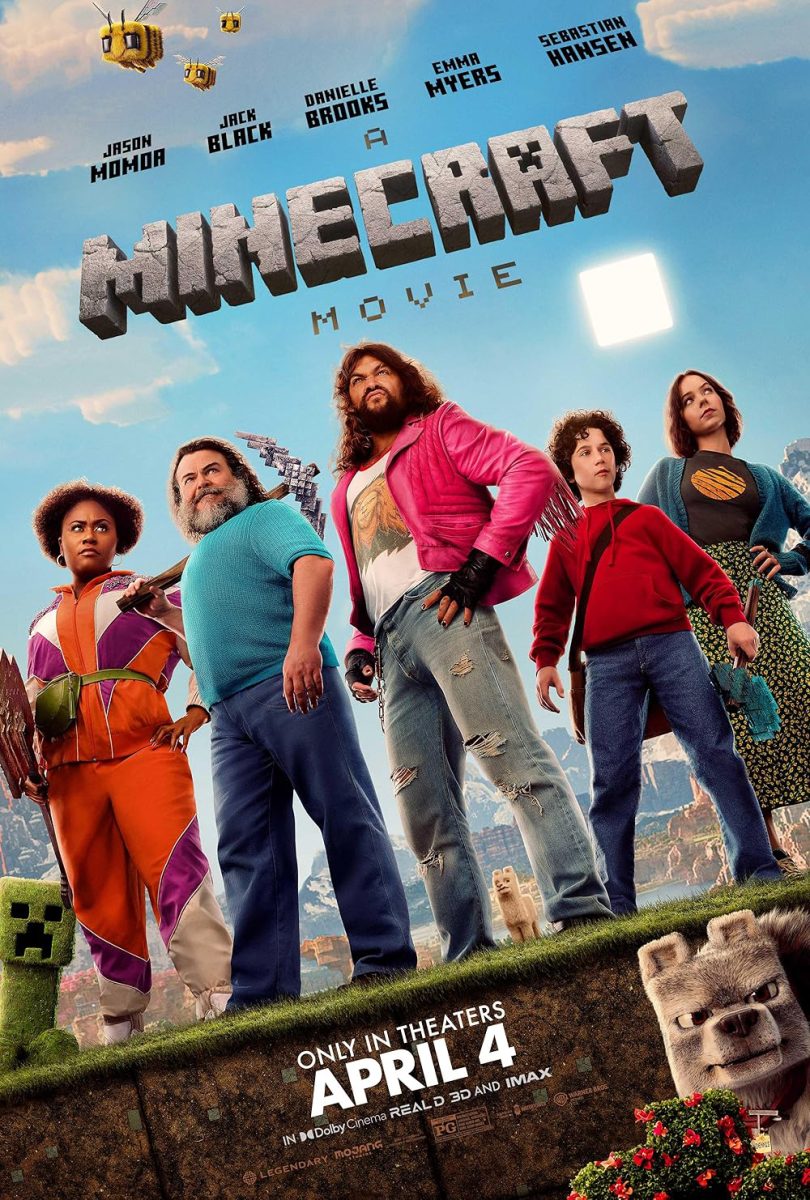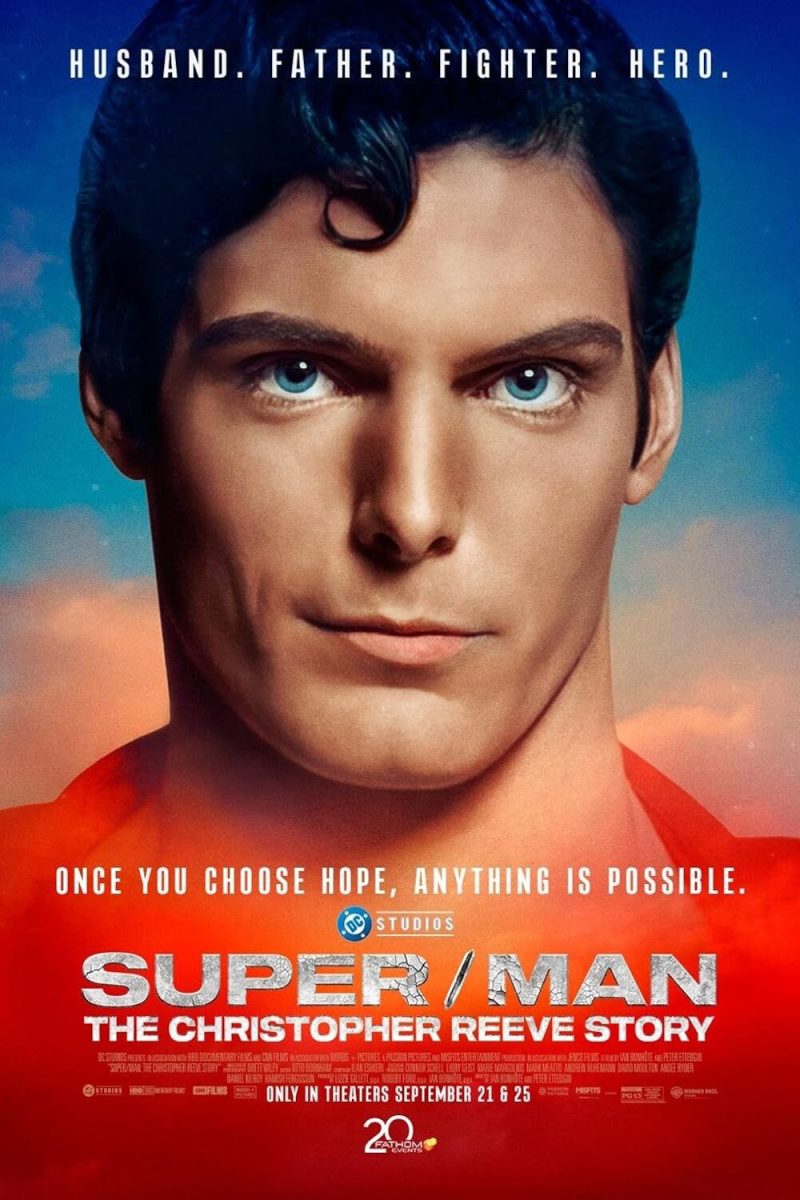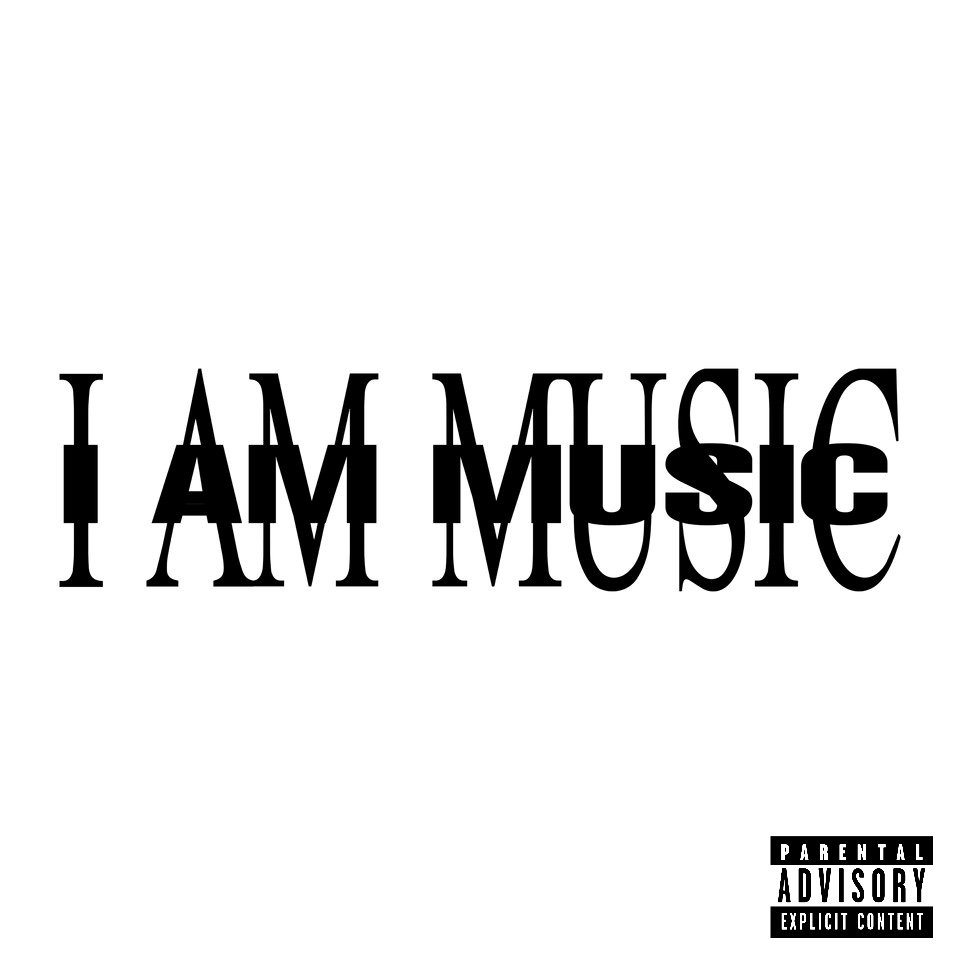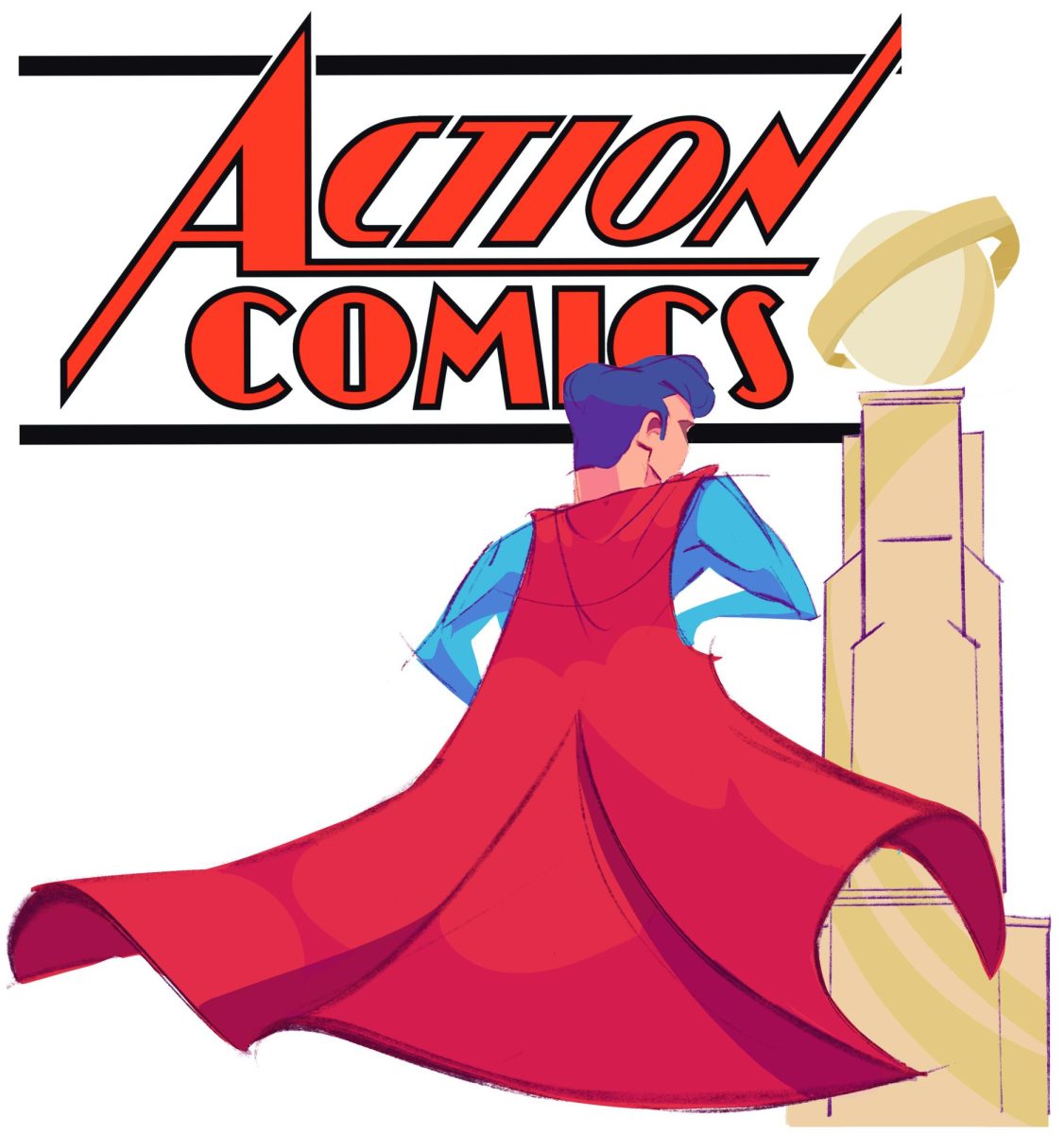By Diamond Victoria
Editor-in-Chief
Film Review

Rating: Five out of five “Diamonds”
In 1977, “Annie Hall,” starring, written and directed by Woody Allen, edged out the original “Star Wars” blockbuster sci-fi flick directed by George Lucas and won the Oscar for best motion picture. Allen won best director and best screenplay for the film.
Today, it’s almost hard to believe a romantic comedy could possibly beat out one of the most popular sagas audiences have seen. But at the time, Allen was on fire.
“Annie Hall” was not Allen’s first film, but his popularity dramatically increased after its release.
Audiences first became familiar with Allen’s nonconformist approach to filmmaking and comedy when he wrote and directed his first major motion picture, “Take the Money and Run,” released in ’69. He was also a regular on late-night talk shows and regularly toured comedy clubs performing stand-up routines.
“Annie Hall” had only grossed about $40 million when it won the awards, making it the lowest-grossing film to win best picture, according to rogerebert.com.
From the late ’60s until the mid ’70s, Hollywood’s censorship of films was apparent, leading to an influx of mild, sanitized and dumbed-down releases.
The ’77 Oscar darling “Annie Hall” proved Allen’s genius and cemented him as a filmmaking legend.
Annie Hall (Diane Keaton) is a singer living in New York City. She’s the usual Allen on-screen girlfriend: intelligent, well-read and notably younger. Keaton and Allen weren’t strangers, having already worked on four films together before “Annie Hall.” The couple’s on-screen chemistry was obvious, likely leading to the film’s success.
Alvy Singer (Allen) is a comedian with more than a few idiosyncrasies. He’s obsessed with death, has a couple of ex-wives and is reduced to writing soul-crushing, industrialized television comedy.
His best friend, Rob (Tony Roberts), is Singer’s counterpart. He spends the majority of the film trying to convince Singer to move to Los Angeles. Singer insists, however, that the sunny city doesn’t “throw their garbage away, they turn it into television shows.”
Throughout much of Allen’s career, he maintained this neurotic and pessimistic character. This down-on-his-luck comedian with a penchant for over-complicating relationships is present in most of Allen’s films from the ’70s.
“Annie Hall” has a simple enough plot and quick, sharp, witty dialogue. Master shots and lengthy, uncut scenes are Allen’s signature moves. “Annie Hall” averages a 14.5-second shot length. The average shot length in “A New Hope” is 4.2 seconds.
With the lengthy average in “Annie Hall,” it’s no wonder the narrative is intelligent and moves the plot along accordingly.
The film opens with a monologue by Singer, speaking directly to the audience. This is a characteristic very unique to Allen, and it works. His use of a non-linear timeline also works in his favor. Unlike traditionally structured films, we learn during the first few minutes what the end of the story will be.
After taking home the gold 39 years ago, “Annie Hall” still remains culturally relevant and intellectually superior to most of what Hollywood cranks out today. It is a film that shows how a failed relationship can still be better than none at all.
The final scene finishes the story strong as Singer delivers one of the best lines in the film: “I thought of that old joke. This guy goes to his doctor and says, ‘Doc, I’ve got this brother who thinks he’s a chicken.’ The doctor says, ‘Well, why don’t you turn him in?’
The guy says, ‘Well, I would, but I need the eggs.’ I guess that’s pretty much now how I feel about relationships: they’re totally irrational and crazy and absurd. But I guess we keep going through it because most of us need the eggs.”












